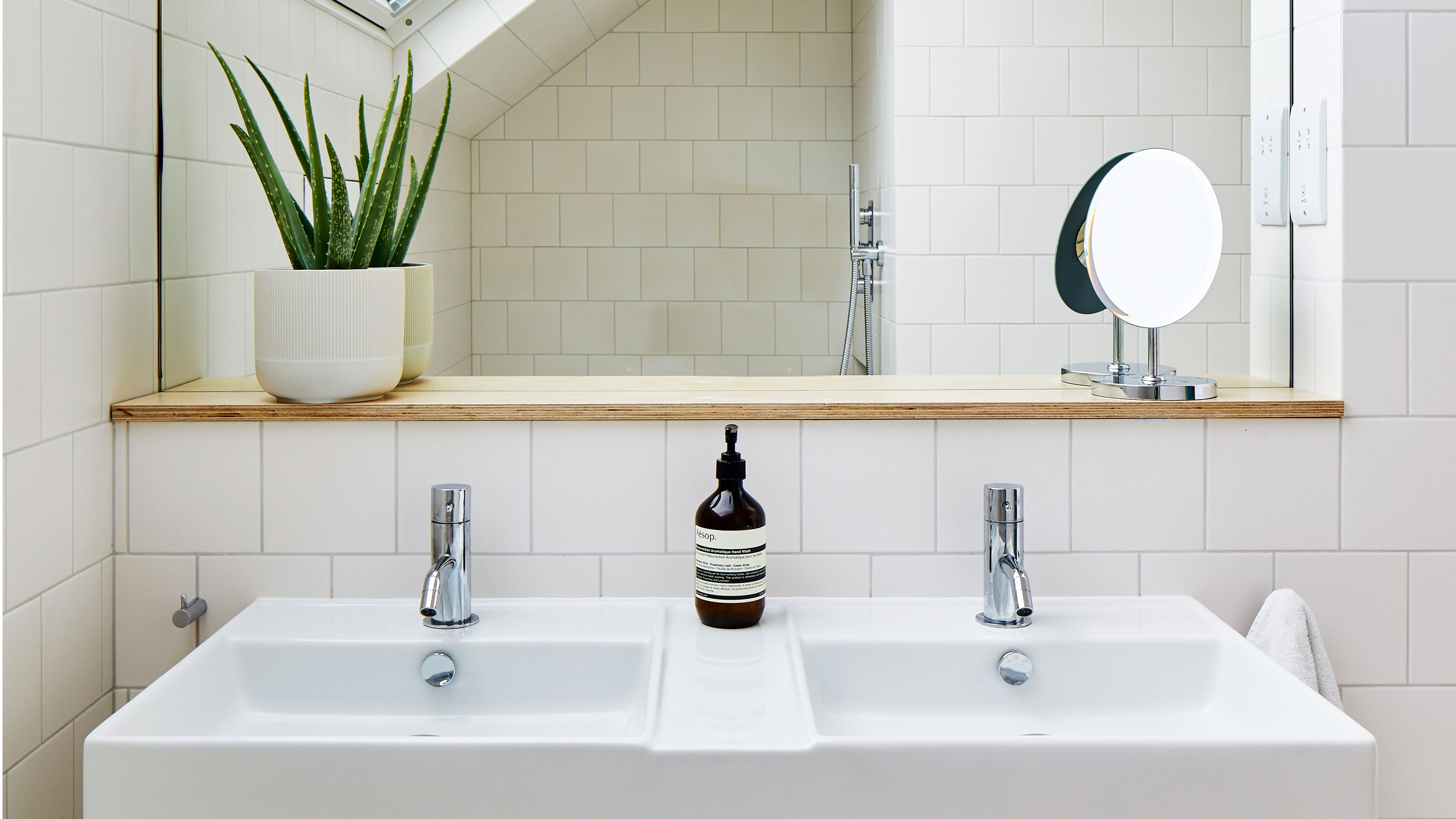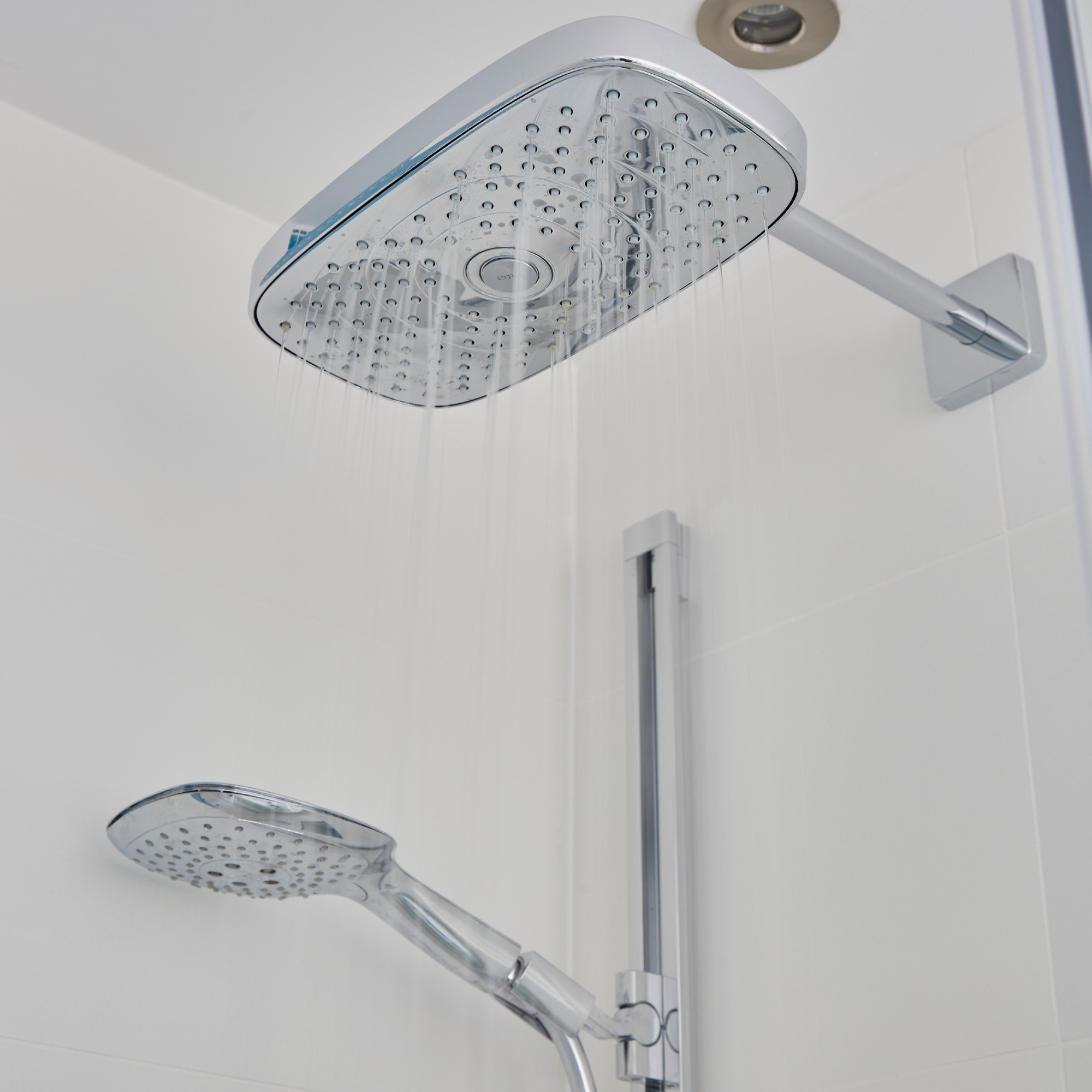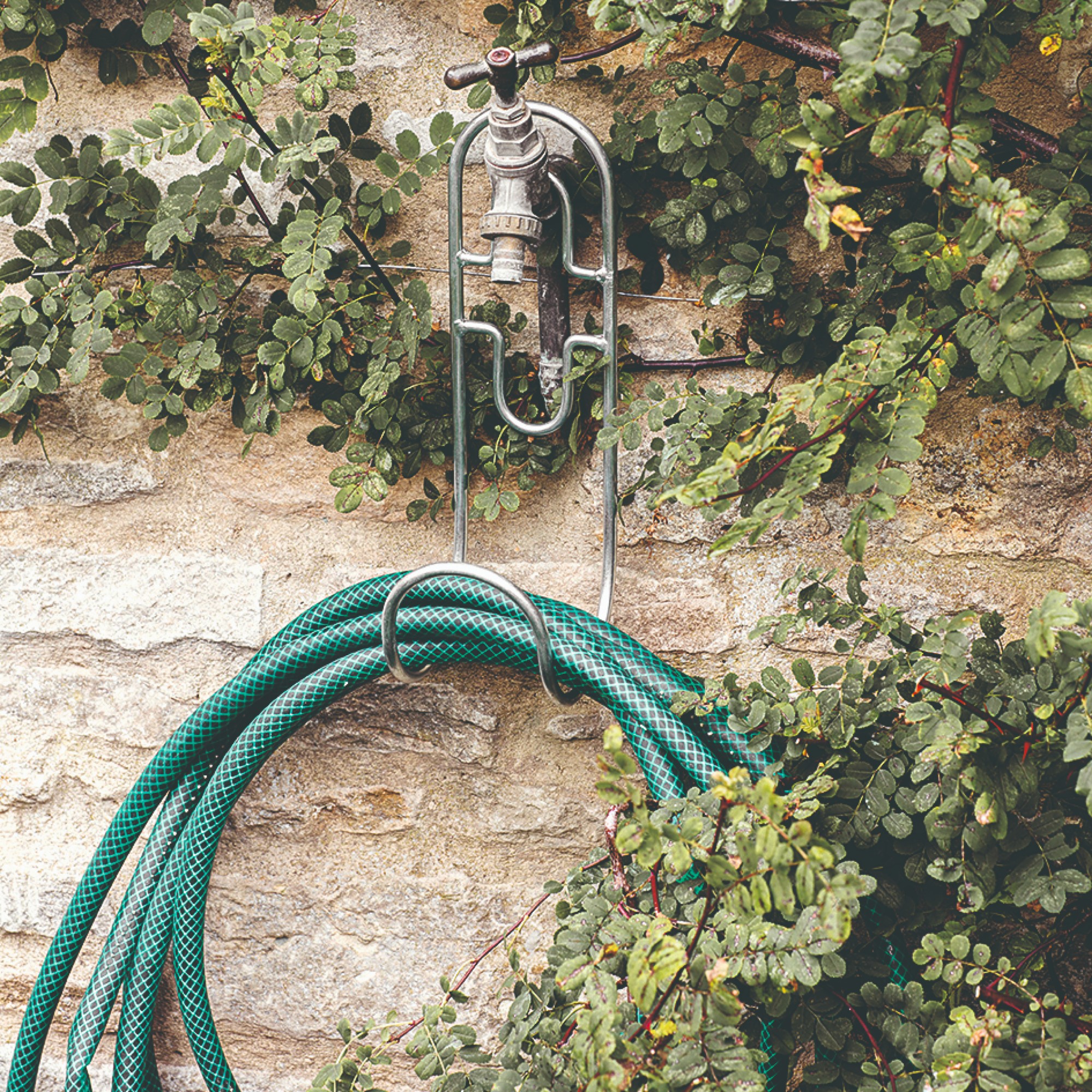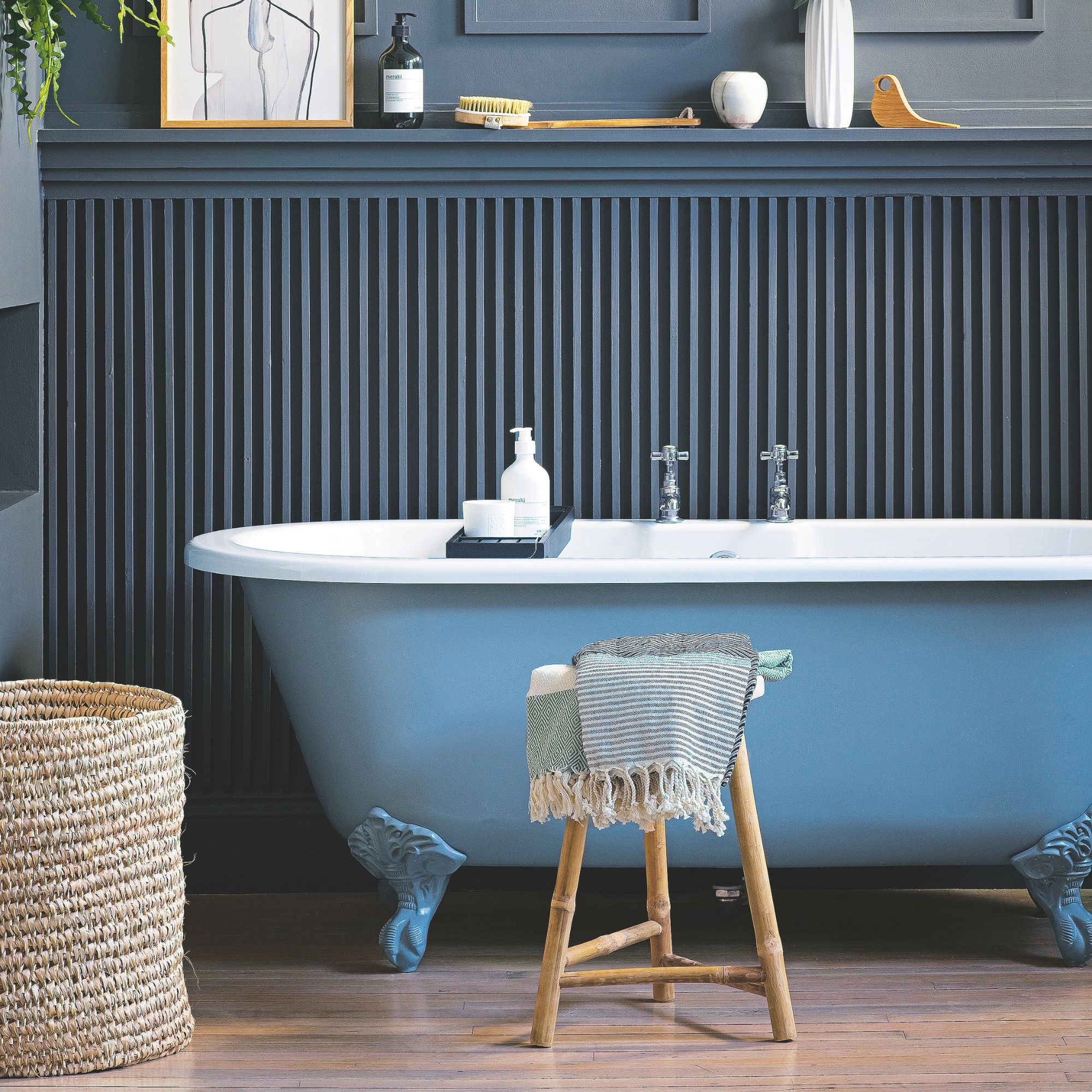Water bills are expected to increase by £86 in April - here’s how your area will be affected
How the Ofwat announcement will affect you


Water bills in the UK are set to rise by 36% on average over the next five years according to water regulator Ofwat.
Ofwat reached its decision today, following its proposed rise of 21% between 2025 and 2030 whereby water bills rise by an average of £94 over 5 years. Ofwat shared the proposal as part of its 2024 Price Review based on a review of company business plans.
This means the average water bill will rise by £157 over the next five years. The averages have been calculated without inflation, meaning your actual bill price is likely to be more. This is how your bill could be affected.

After the announcement in July, water companies in the UK had called for bills to rise by around 40% on average and Southern Water even requested an 83% price hike.
Now Ofwat has made its decision of 36%, billpayers can expect to pay an average extra cost of £31 per year. However, Ofwat has said firms are expected to hike tariffs by a higher amount in the first year, so a typical bill will rise by £86 in April, according to the BBC.
It’s important to note each water company will introduce different tariffs. Wessex Water is increasing their water bills the least, with a 21% rise.
Meanwhile, Southern Water has the largest rise out of the 11 companies, hiking their prices by 53%. This comes as almost 60,000 homes across Hampshire are currently without water because of a technical issue with Southern Water.
Get the Ideal Home Newsletter
Sign up to our newsletter for style and decor inspiration, house makeovers, project advice and more.
In 2030, a typical annual bill will be £588 across the UK, and Dwr Cymru can expect to see the biggest hike with an average bill of £645 in 2030.

Prices are rising because of large levels of debt held by water companies and record levels of sewage outflows in British waterways. Today Thames Water was fined £18m after breaking dividend rules.
‘Although we might feel frustrated with the water companies - particularly their failure to address one of the biggest contributing factors to wasted water, leaks (both in transit and inside properties) - the reality is that when adjusted for inflation, water bills have in fact decreased in real terms nearly every year since 2010. Utilities now face the pressing need to invest in ageing infrastructure and innovation to keep systems running efficiently,’ comments Krystian Zajac, water-saving expert at Watergate.
‘Unfortunately, none of this changes the reality that water bills are adding yet another strain on household budgets.’

Full list of water company price hikes
| Company | 2024/2025 | 2029/2030 | Increase |
| Anglian Water | £491 | £631 | +29% |
| Dwr Cymru | £455 | £645 | +42% |
| Hafren Dyfrdwy | £392 | £557 | +42% |
| Northumbrian Water | £422 | £510 | +21% |
| Severn Trent Water | £398 | £583 | +47% |
| Southern Water | £420 | £642 | +53% |
| South West Water | £497 | £610 | +23% |
| Thames Water | £436 | £588 | +35% |
| United Utilities | £442 | £585 | +32% |
| Wessex Water | £508 | £614 | +21% |
| Yorkshire Water | £430 | £607 | +41% |
| Affinity Water | £192 | £241 | +26% |
| Portsmouth Water | £111 | £152 | +37% |
| South East Water | £232 | £287 | +24% |
To calculate your home’s water consumption and see tips on how to save water (and the amount of money and carbon it will save you) Krystian recommends checking out this free water impact calculator.
How to offset the increase

The announcement of high bills is likely to put a strain on many households, especially with an ongoing increased cost of living. Knowing how to save water, will help ease the price hike.
‘To offset the price rises, savvy homeowners can use simple water-saving tricks to reduce their consumption. The three biggest savings come from: keeping showers to four minutes or less; installing water-saving appliances like low-flow shower heads and tap aerators; and using a smart leak detector with an auto shut-off valve to spot and stop leaks. The added benefit is that you often also reduce energy bills by saving on heating water,’ says Krystian.
‘However, to see water savings lead to direct savings on your water bill, you need to be on a water meter - so you’re charged for the water you use, rather than a fixed amount based on your property’s rateable value.
‘You have the right to be charged for water based on what you use, and to have a meter installed for free, usually within three to six months. You can contact your water company and ask for a meter. As a general rule, if your property has more bedrooms than people living there, you could save money with a water meter.’
If you are worried about paying your water bill, contact your water company for further support

Kezia Reynolds joined the Ideal Home team as News Writer in September 2024. After graduating from City, University of London in 2022 with a bachelor’s degree in journalism, Kezia kicked off her career spending two years working on women’s weekly magazines. She is always on the lookout for the latest home news, finding you the best deals and trends - so you don’t miss a thing!
-
 Aldi’s cult Kamado BBQ is returning to stores and it's £100 cheaper than last time
Aldi’s cult Kamado BBQ is returning to stores and it's £100 cheaper than last timeThis budget BBQ is only a fraction of the price of this celebrity favourite
By Kezia Reynolds
-
 A strict colour palette and vintage finds have turned this semi-detached Edwardian house into an elegant family home
A strict colour palette and vintage finds have turned this semi-detached Edwardian house into an elegant family homeSticking to a three-colour palette of green, pink and yellow and mixing in plenty of vintage furniture and art has created an authentic period feel
By Stephanie Smith
-
 A top-to-bottom renovation has turned this Edwardian house into a lovely family home
A top-to-bottom renovation has turned this Edwardian house into a lovely family homeWith a few considered structural changes, this period house has been turned into a family home and has created a sanctuary for years to come
By Maxine Brady